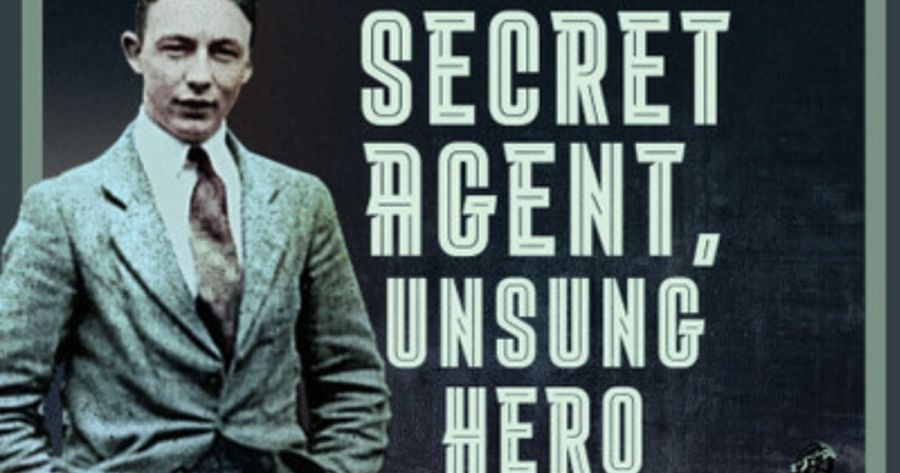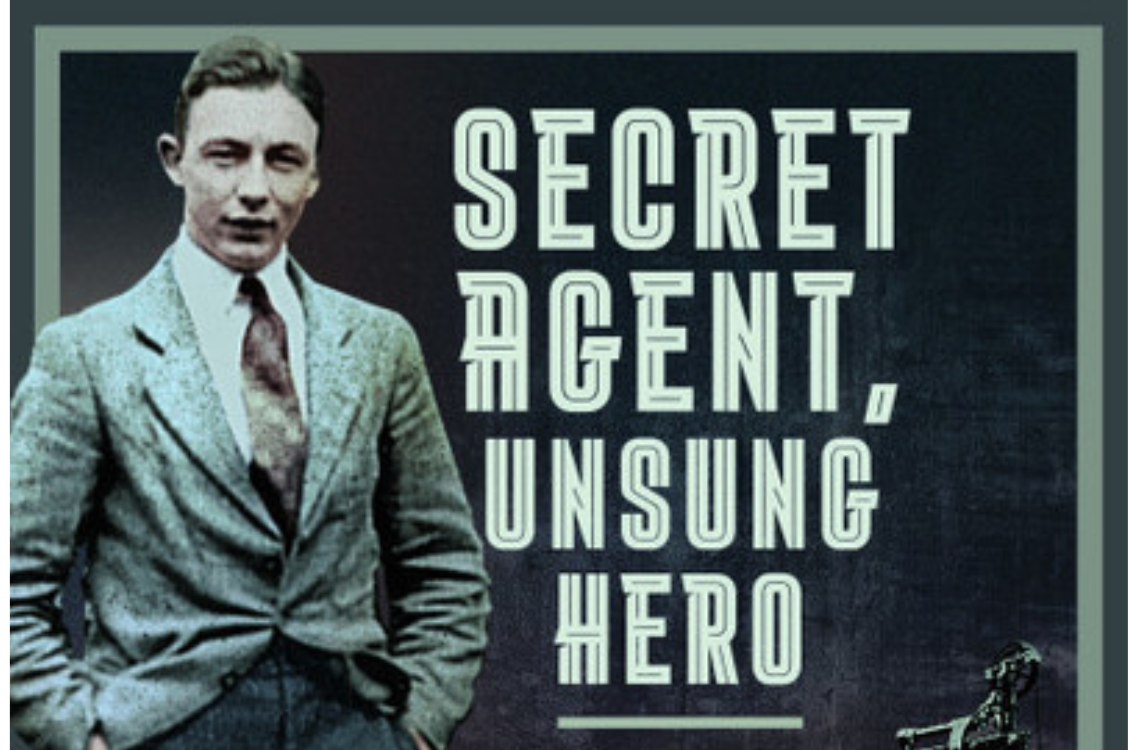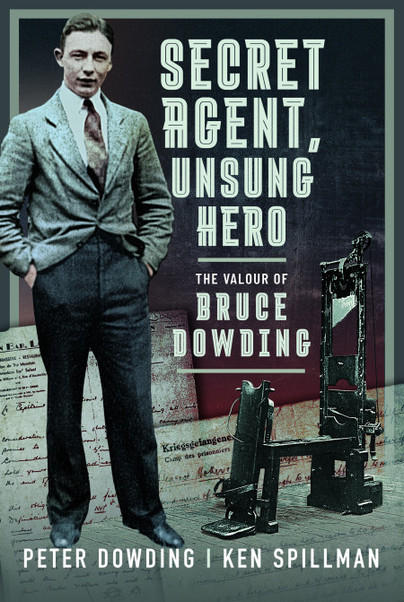
- Free Article: No
- Contents Category: Biography
- Review Article: Yes
- Article Title: Bruce’s story
- Article Subtitle: The riveting life of an intermediary
- Online Only: No
- Custom Highlight Text:
Bruce Dowding was born in 1914 into a middle-class family in the south-eastern suburbs of Melbourne. He won scholarships to private schools, including Wesley College, where he taught French during his Arts degree at the University of Melbourne. In January 1938, he departed to France on a travelling scholarship, guaranteed a position on the staff at Wesley on his return.
- Featured Image (400px * 250px):

- Alt Tag (Featured Image): Peter McPhee reviews 'Secret Agent, Unsung Hero: The valour of Bruce Dowding' by Peter Dowding and Ken Spillman
- Book 1 Title: Secret Agent, Unsung Hero
- Book 1 Subtitle: The valour of Bruce Dowding
- Book 1 Biblio: Pen and Sword, $39.99 pb, 279 pp
- Book 1 Cover Small (400 x 600):

- Book 1 Cover (800 x 1200):

Bruce became a key lieutenant of the Belgian Albert Guérisse, otherwise known as the French-Canadian naval officer Pat O’Leary, founder of the ‘Pat line’ for downed British airmen and others who had escaped across the demarcation line separating Nazi Occupied France and the Vichy zone. Dowding (aka André Mason) was based in the Hôtel de la Loge in Perpignan, run by the parents of his collaborator and probable lover, Paulette Gastou. From late 1940 he became the key intermediary between French Resistance networks and hundreds of escapees crossing the Pyrenees to Spain and thence to Britain.
Everything changed in June 1941 with the end of the Nazi–Soviet Pact: the USSR and the French Communist Party were now at war with Germany. The Nazi regime responded with intensified repression of the French Resistance. Then the Japanese bombing of Pearl Harbor in December brought the United States into the conflict.
Dowding’s great tragedy was that these turning points coincided with the realisation by O’Leary and others that their key operative in northern France, Harold ‘Paul’ Cole, had been siphoning off money from both the British airmen he was assisting and their government. Faced with the choice of returning home to safety in Melbourne, as he had promised, or taking over the disgraced Cole’s role, Dowding felt obliged to stay. His decision was fatal. An aggrieved Cole took revenge by cooperating with German authorities. In the end, his revelations were to result in the arrests of seventy-two French and about ten Allied agents, among them Dowding on 8 December 1941. Many of them were transported to Bochum, near Buchenwald, and sentenced to death. One of those guillotined on 30 June 1943 was Dowding, aged twenty-nine.
In his moving and eloquent epilogue, Peter Dowding points out how his search for his uncle’s story has become an enduring passion. The weight of research he and Spillman have sorted through has sometimes overwhelmed them, for there are long, discursive passages on individuals who may have met Bruce or were helped to safety by him. These passages deflect from the most important questions of all: what sort of person was Bruce and why in late 1941 did he choose to head north to acute danger rather than south to Spain and home?
Dowding emerges in fleeting glimpses as both infatuated by high culture in Paris yet capable of extreme self-sacrifice; as happy to cadge money and favours from contacts yet a generous and captivating friend; as a free-thinking humanist who converted to Catholicism while awaiting death; and above all, as extraordinarily courageous and resolute.
But there is much that eludes us about this young man. For his fellow operative in the ‘Pat line’, the Scot Reverend Donald Caskie, ‘he was a Christian with the outspoken frankness that is part of the Australian national character. He had supreme faith in our cause and was quite fearless.’ In his last letter to his family, Dowding mocked himself as the prodigal son who would return, but they had to wait until June 1946 to be informed that he would not.
Another about whose fate we might have been told is Paulette Gastou. She was deported to Ravensbruck in 1943 but survived and lived until she died aged seventy-eight in 1987. The family’s Hôtel de la Loge remains a particularly good hotel in the heart of old Perpignan.
On her return from Ravensbruck, Gastou was recognised by Britain with a King’s Medal for Courage, awarded to foreign nationals who had aided the war effort. The postwar French Government wanted to do more than that for Dowding, deciding that he deserved France’s highest awards, the Légion d’Honneur and the Croix de Guerre. There was only one bureaucratic hurdle: the Australian government needed to express its endorsement. With bureaucratic punctiliousness, the government pointed out in 1948 that he had not been a member of the Australian armed forces, and that was the end of that.
A similar fate was to befall Nancy Wake, a great admirer of her friend Dowding, although the government finally gave its endorsement to her French awards in 1970 and made her an AC in 2004. Dare one hope that, eighty years after his execution, a new Australian government will find a way to ensure appropriate recognition for an unsung hero?


Comments powered by CComment